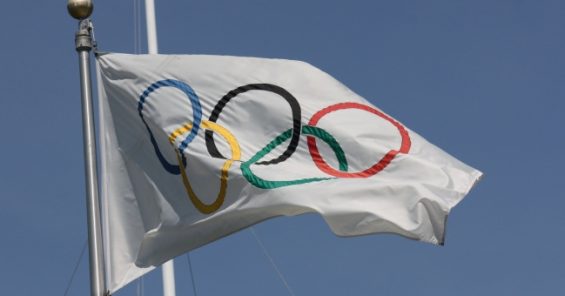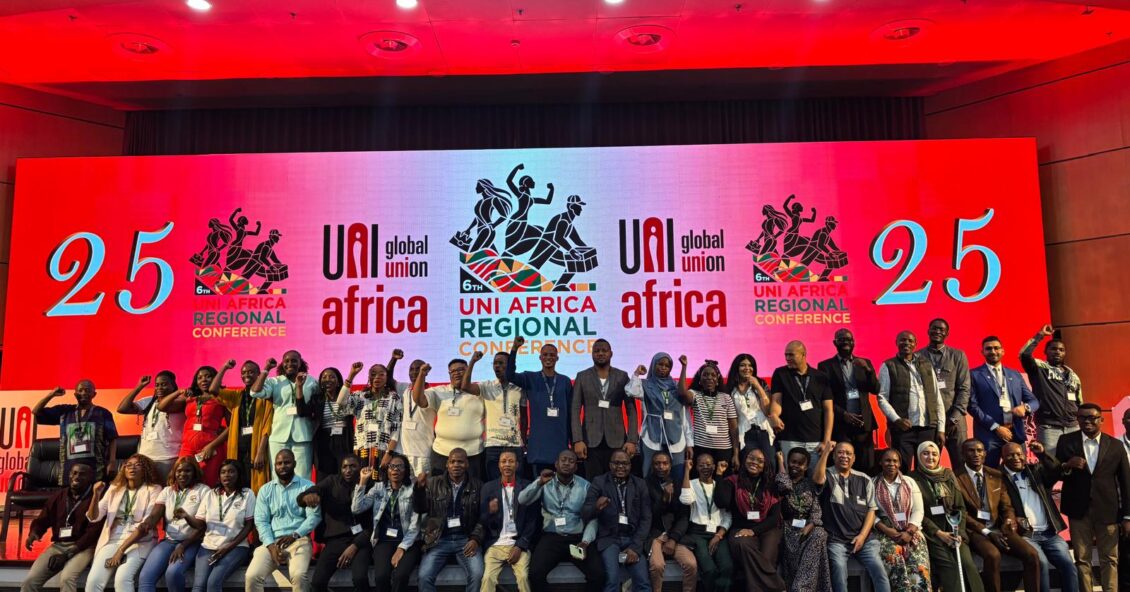Security guards to strike for safe Olympic Games in Paris
25.06.24
Thousands of security guards responsible for ensuring the safety of the Paris Olympic Games will strike on June 28, 2024, protesting dangerous working conditions.
The strike was publicly announced and declared by the CFDT union to the prefecture. Private security guards generally do not need prior notice, except in airports due to public service requirements, for which a notice has been filed. The demonstration will take place from in front of the Ministry of Labor (14 Avenue Duquesne, 75007 PARIS). The CFDT has requested a meeting with the Minister of Labor as part of this mobilization.
Michala Lafferty, Head of Property Services at UNI Global Union said: “The French government must take the unions’ and security guards’ concerns seriously if it wants to ensure safe and smooth Olympic Games. Security guards need adequate rest and training. We support our French affiliates in their fight for decent working conditions for security guards.”
The strike involves employees in the private security sector, including those working for companies like Securitas, Fiducial, and others in the industry. The strike is scheduled for June 28 for now, followed by additional strikes every Sunday during the Olympic Games.
Workers’ demands include wage increases and bonuses for night work and Sunday work. They also request the application of a specific decree for the 2024 Olympic Games concerning exceptions to weekly rest periods.
The application of the specific decree for the 2024 Olympic Games concerning exceptions to weekly rest periods adds an extra burden that must be compensated, the union says. There is a fear that this measure will become permanent if employees are deemed efficient. The health risk is significant, as difficult conditions could lead to an increase in sick leave among workers.
Aurélie Flisar, Deputy General Secretary of the CFDT said: “The Paris 2024 Olympic Games are proclaimed as a socially and environmentally responsible event. This fundamentally requires consultation with all stakeholders, including unions. But as during Covid-19, essential workers like security guards are ignored, despite their responsibility for ensuring the safety of thousands of athletes and 14 million visitors. Unfortunately, despite repeated requests, we have not been able to meet with the Minister of Labour, Catherine Vautrin, to express our concerns, and employer organizations remain deaf to our demands. This is why we have no choice but to call for a strike on June 28, 2024, a month before the Games. There is still time to resolve these issues.“
A government decree from November 2023 allows employers to have staff work for a month without a rest period. This means that security guards would work seven days a week during the Olympic Games, severely endangering their health and their ability to ensure the safety of 14 million visitors due to long working hours in high temperatures. This decree contravenes international standards such as Article L3132-5 of European law and ILO Convention No. 106.
Additionally, there is still a shortage of 20,000 security professionals. Instead of improving working conditions to attract workers, the government announced it would call on retired security guards and that the conventional training period would be reduced from 175 to 106 hours to “participate in private security activities during major events.” Unions also fear that these exceptions will become the norm beyond the Games.
The Games will take place in a highly tense political environment, a few weeks after the legislative elections. Projections suggest that the far-right, led by Marine Le Pen, could win a majority, potentially leading to demonstrations and confrontations in the streets of Paris. A well-rested and fully trained workforce is essential to ensure the safety of Parisians and visitors.


